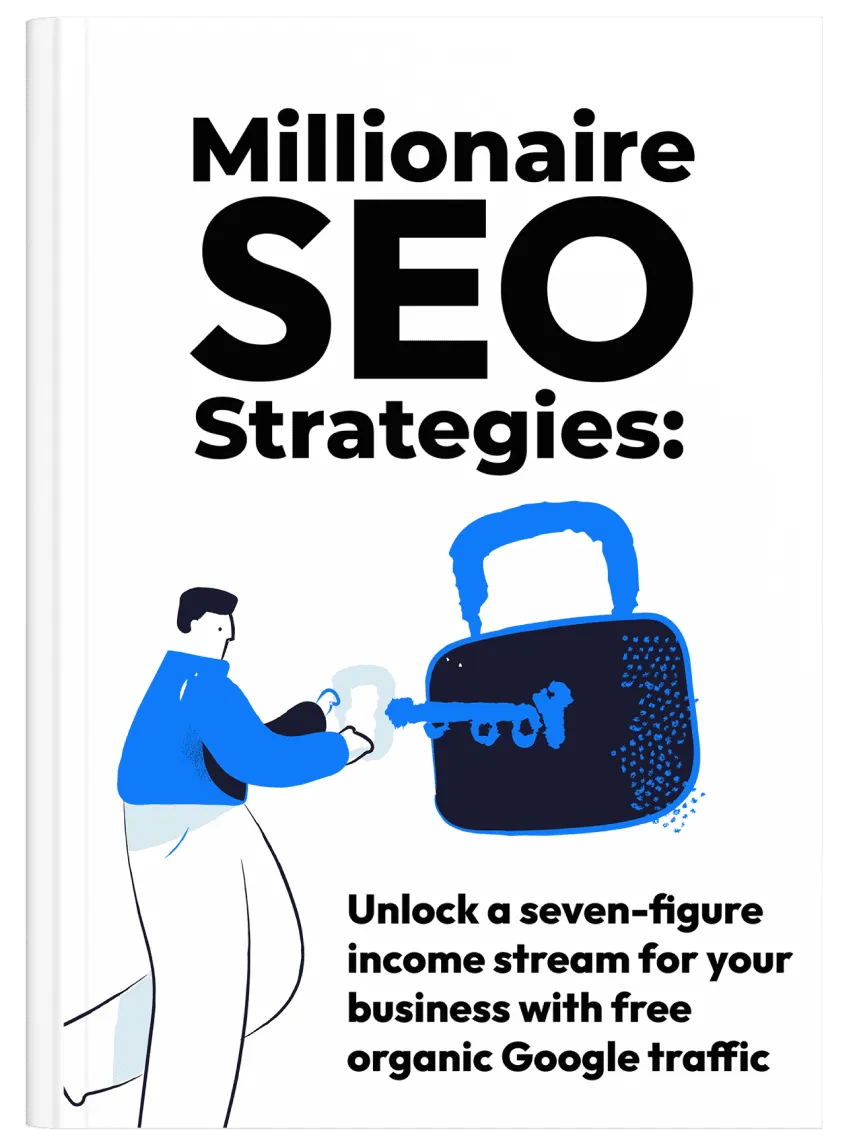
Branded keywords in SEM: To bid or not to bid
Should you bid on brand terms or not?
This is an important question that almost all businesses and search engine marketers think about at least once.
If you are already ranking on the #1 spot on Google’s first page for brand keywords (i.e., the name of your business), should you pay to have an ad on the top of the SERPs? Even above your website’s organic listing?
CPCs seem to be rising continuously. If brand campaigns are not generating incremental MQLs for your business, why not save that money and invest it somewhere else or perhaps use it to fuel other campaigns?
The answer to this question, however, is not very simple.
Brand SEM campaigns: Pros and cons
Before we dive into the nitty-gritty details of what you should do, it is important to take a look at some of the pros and cons of each option.
Pros
Here are some benefits of running brand campaigns.
- You get more real estate on the search engine result page if you have an organic listing as well as an ad at the top of the page.
- You control the messaging. With organic listings, you cannot always control the sitelinks that appear on the page. With an SEM ad, you can control exactly how your website appears on the page.
- You get more overall traffic, MQLs, and sales. As we have often noticed, having ads as well as an organic listing on the same page increase traffic and MQLs.
- You can send the traffic to a different landing page, instead of the homepage.
Cons
On the other hand, here are some potential disadvantages of bidding for brand terms:
- If brand campaigns are not driving incremental MQLs and sales, you waste money.
- You run out of the marketing budget sooner, which means you’re less likely to explore other areas and initiate other marketing campaigns.
Should you bid on brand terms?
Now that you know some of the big pros and cons of bidding on brand terms, should you do it?
Unfortunately, only you can make that decision.
In our experience, it is usually beneficial to bid on brand terms. However, that may not always be the case.
Therefore, the best solution is to run a brand test and see whether paid campaigns are driving any incremental traffic, leads, and sales.
Running a brand campaign test
Here is how you can run that test and determine whether bidding on brand terms is for you or not.
- Make sure you have a separate brand campaign with only brand keywords in it.
- Get a sense of how many MQLs you generate on a daily basis via SEM and organic channels.
- Define the period of your test. A 14-20 day period is usually sufficient, but it depends on how much you’re spending and the number of leads you generate per day.
- Turn on your brand campaign on day 1, turn it off on day 2, turn it back on day 3, off on day 4, and so on.
- On each day, make sure to note down the MQLs (or sales) you generated via SEM and organic channels.
After a couple of weeks, you should get statistically significant results on whether bidding on paid terms is generating incremental MQLs/sales or not.
On the days you turn off the SEM campaigns, the number of leads should remain more or less the same. Those leads would just be attributed to organic channels. However, if that’s not the case — and if the total number of leads drops significantly on those days — it means you should bid on brand terms.
The Reinforcement Effect
While the above-mentioned test should give you credible numbers to determine if you should bid on brand terms or not, there is one more test that you can.
The Reinforcement Effect test won’t highlight the incremental MQLs or sales, but it will tell you how having an ad and an organic listing on the same page affects the overall CTR.
- Make sure your Google Ads and Google Analytics accounts are connected.
- Log in to your Google Ads account.
- Go to Predefined Reports > Paid and Organic.
- Download the report and export it to Excel or Google Sheet.
- Add another column to that report and mark whether a keyword is branded or non-branded.
- Calculate the CTR for branded terms if (1) only organic listings appear on the SERPs, (2) only ads show, and (3) both ads and organic listings appear via pivot table.
If you are not sure how to do it, check out this tutorial.
Usually, when both the ad and organic listing appear on the same page, the overall CTR increases significantly. But it may vary from business to business and is something that you should test.








